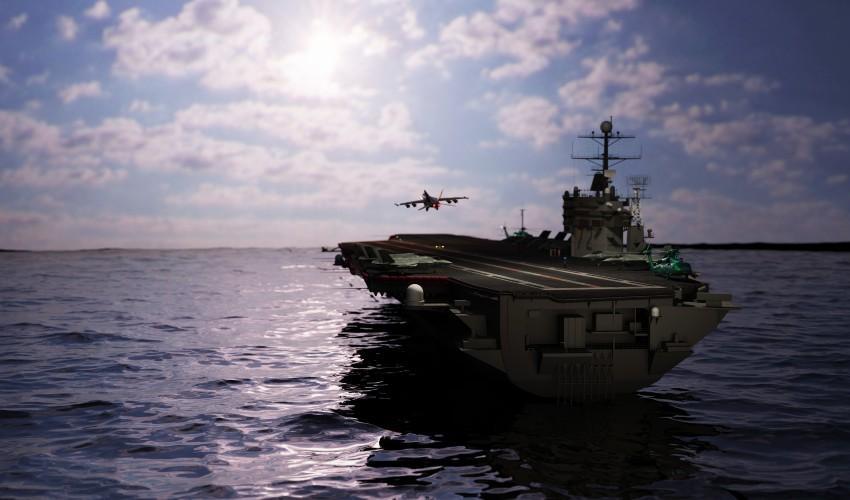
Why American Deterrence May Not Work
IN A WORLD WITH MANY WELL ARMED AND UNPREDICTABLE COUNTRIES, TOUGH TALK FROM THE US IS RISKIER THAN EVERIraq, Afghanistan, Libya: recent American history is full of examples in which direct intervention in a conflict has produced worse consequences than the very facts that generated it. For the US presidency, however, a declaration is sometimes enough to change the balance of forces in the field. “Even the threat of US intervention in a context of war produces risky effects”, confirms Livio Di Lonardo, professor of Political Science.
"In the event that this will to intervene is intended as a support to the opposition of a regime, it immediately offers the opportunity to intensify repressive actions. In the opposite case, that is, when possible entrance into the field is directed against the opposition, it ends up becoming an instrument in their hands to further delegitimize the government ".
But there are also more complex scenarios, such as Syria for example, in which none of the warring factions is particularly pleasing to the US and declarations of war are thus exploited by both sides. "Assad himself did not repress ISIS as long as this enemy was useful to him to be credited as a bulwark of defense against the Islamic advance, but at the same time he has always used American threats to threaten the rebel militias with the prospect of a government even less welcome than his, ” summarizes Di Lonardo.
Despite the slogan "America first" had led many to believe that the current American presidency wanted to launch a partial disengagement from international politics, Trump has always proved a great supporter of the strategy of deterrence, summarized, since the 1980s, in the "peace through strength ”and for this reason in recent years he has alternated diplomatic actions with incendiary declarations.
"This strategy might have made sense during the Cold War, because the USSR was the ideal enemy to support it, and in fact they managed to avoid a nuclear war," says the professor. "Today, however, this theory shows limitations, especially when dealing with authoritarian regimes that act on internal pressures we cannot predict. Shows of force or even aggressive declarations carry the risk of leading to wars that in reality nobody wanted.
know, as in North Korea, or that operate through armed militias financed from outside and not entirely controllable, as in Iran. These are scenarios present unpredictable internal dynamics and the manifestations of force, or even just declarations, have the risk of leading to war scenarios that no one really would have wanted ".
 |
Read the story about Professor Di Lonardo's study |
by Emanuele Elli
